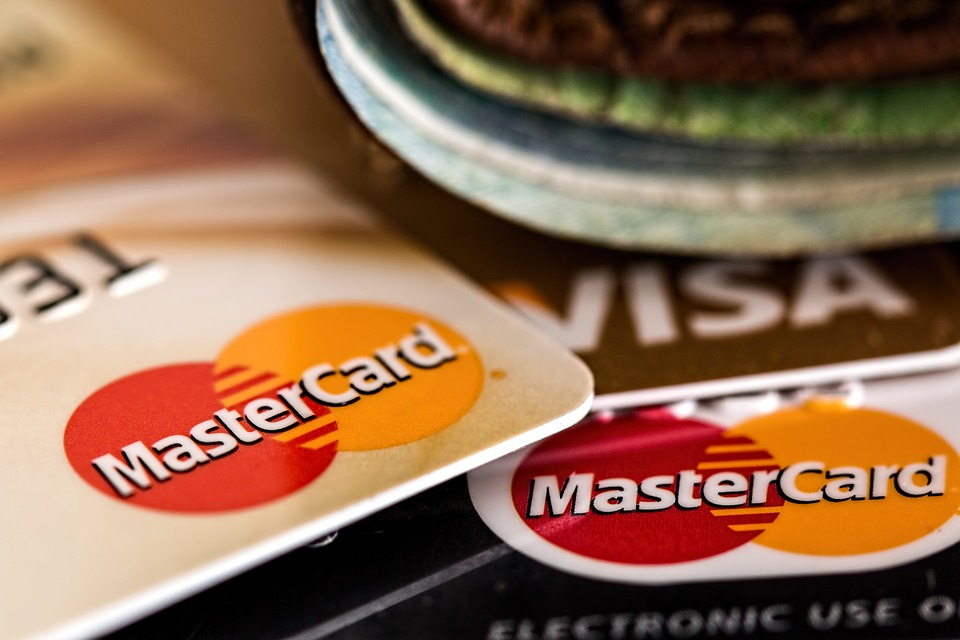Millennials (ages 23-38) are more likely to be enticed by extravagant credit card sign-up bonuses than ongoing cash back or zero-percent interest offers, according to a new CreditCards.com report. Thirty-six percent of Millennials say a sign-up bonus of $500 in cash or $1,200 in travel credit would be more alluring than three percent cash back on all purchases (32%), zero-percent interest on new purchases for 18 months (11%) and zero-percent interest on balance transfers for 21 months (6%).
While more than one-third of Millennials say a lucrative sign-up bonus is the most attractive credit card feature (compared to 22% of those who are older), those ages 39 and older are more likely to point to zero-percent offers, either on new purchases or via balance transfers (30% vs. 17% of Millennials).
More than half (57%) of Millennials have taken at least one trip that involved a flight or hotel stay in the last year (compared with 48% of those who are older), which may explain why they are more likely to point to a travel sign-up bonus, specifically, as being most attractive (14% vs. 9% who are older than them).
“Credit card rewards are not a ‘one size fits all’ proposition,” said CreditCards.com analyst Ted Rossman. “When comparing credit cards, ask yourself two key questions: How do I spend my money? And what do I want to get out of my rewards? Matching a card to your lifestyle will reward you for things you buy anyway, provided you pay your bills in full every month.”
For example, the survey finds the average U.S. adult who orders restaurant food (either dine-in or take-out) does so eight times per month. Putting this dining spending on the Uber Visa Card would yield four percent cash back; Citi Prestige cardholders could earn five points per dollar redeemable for travel or other expenses.
Overall, 31% of Americans say three percent cash back on all purchases is the most alluring feature, followed by a large sign-up bonus – either as $500 cash (17%) or a $1,200 travel credit (11%). Next are zero-percent offers on new purchases for 18 months (14%) and balance transfers for 21 months (11%). Another 17% say none of these features appeal to them. It’s notable that all of these perks are currently available:
- The Chase Freedom Unlimited, the Discover it Miles card and the Alliant Credit Union Visa Signature all give new cardholders three percent cash back in the first year.
- The Capital One Savor Card has a $500 cash sign-up bonus.
- The American Express Platinum offers 60,000 bonus points worth an estimated $1,200 in travel.
- The Citi Simplicity card has the longest zero-percent balance transfer period (21 months), and the U.S. Bank Visa Platinum doesn’t charge interest on balance transfers or new purchases for 20 months.
Even though a balance transfer card can be one of the most effective ways to help dig out of debt, only 1 in 5 individuals with credit card debt finds a zero-percent balance transfer offer to be the most appealing credit card feature. Twenty-seven percent with debt lean towards cash back, while another 27% opt for a sign-up bonus.
“Credit card rates have never been higher, and many cardholders are paying around 20% on their balances,” added Rossman. “You should eliminate your credit card debt before chasing rewards, so a zero-percent balance transfer card would be a much better choice if you’re in debt.”
Thanks for reading CPA Practice Advisor!
Subscribe Already registered? Log In
Need more information? Read the FAQs




